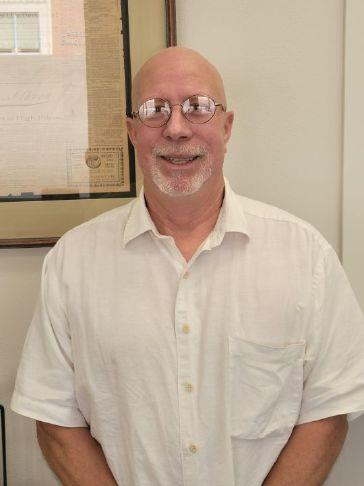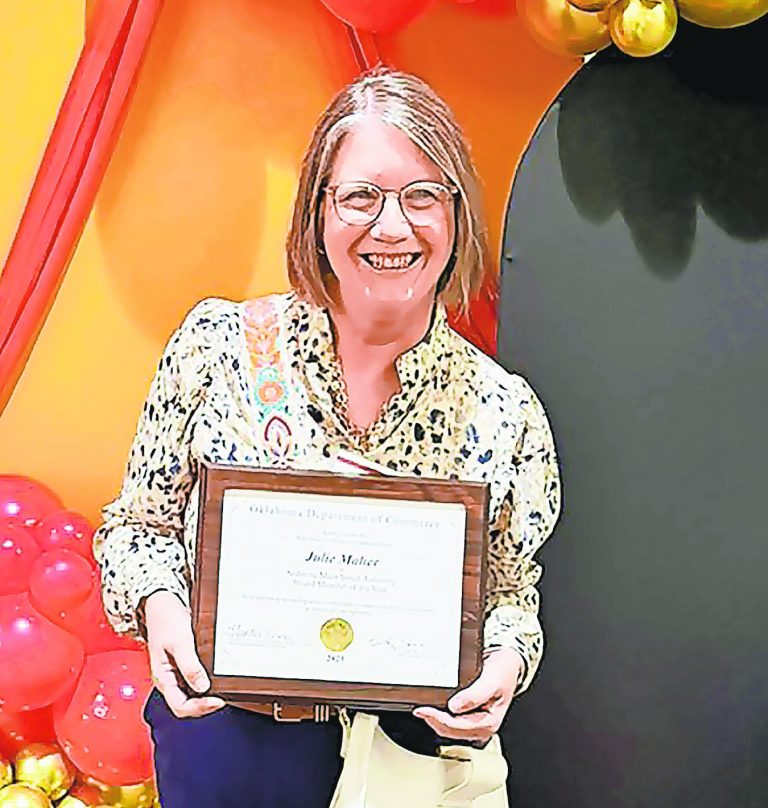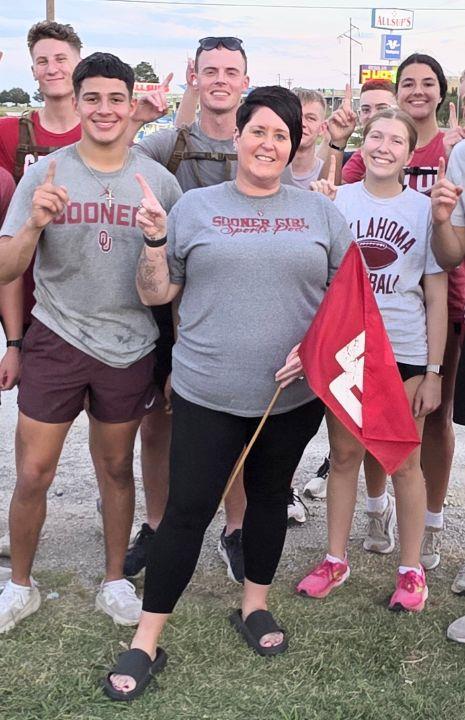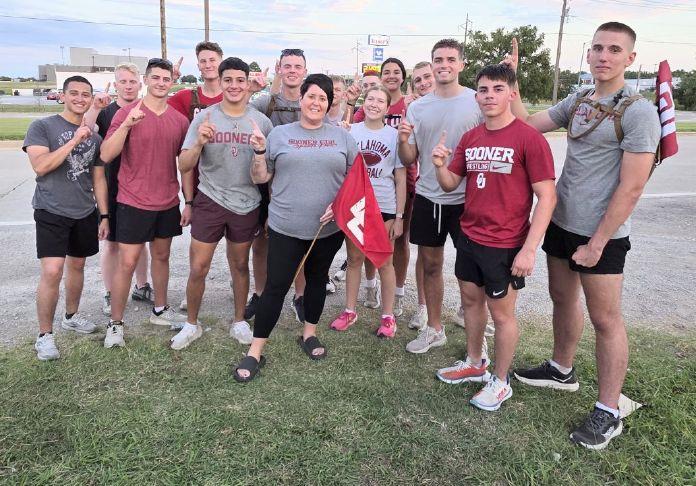If there is such a thing as an unofficial liaison to the homeless community, that role would be filled by Phillip Capshaw in Ardmore.
He said his work with the homeless began sometime around the beginning of Covid after he began working with the Ardmore Main Street Authority.
“I was cleaning up feces and urine literally twice a week, and a lot of people started hiring me for security just to keep an eye on their places,” Capshaw said. “So I was seeing a lot of the same (homeless) people over and over, and you get to know them. When you’re seeing the same people every day, you really realize the depth of it.”
Capshaw estimates Ardmore’s homeless population to be somewhere between 150 to 200 people. That number varies a bit over time because people come and go or find a place to stay for a few months before returning to the streets.
He said drug or alcohol addiction and mental illness are the biggest contributors to most people being homeless.
“For the people on the streets, that’s the huge issue,” he said. “It’s their substance abuse combined with their mental illness. And that’s really a chicken or the egg situation about which came first. For a lot of them, I know it’s psychosis brought on by their drug abuse.”
Helping the homeless is a delicate situation because they have to be ready for help to begin solving their problems. So a lot of Capshaw’s work involves talking to them and getting to know them while staying on friendly terms.
Staying on friendly terms can also be a challenge because of homeless individuals’ propensity for drug addiction and mental illness. Capshaw has been threatened on multiple occasions by people who up until that point he had been good with.
He said he works with Lighthouse, the Carter County Health Department and the Grace Center to help the people who want help. Sometimes help can mean sending them to another city to live with family. But he stressed he does not just put people on a bus to make them another community’s problem.
“If I’m sending somebody somewhere, I’m going to have a good reason,” Capshaw said. “I tell people all the time, I could send somebody to Oklahoma City or Dallas, but if they wanted to, they could send us two dozen people a day to return the favor.”
Even in the best of situations, this can come with ups and downs. He gave an update on the story of a man named Stephen who Capshaw sent back east to live with his sister, Amanda, a couple years ago. Capshaw has remained in contact with Amanda, who has given updates both good and bad on how Stephen is doing.
“A lot of homeless people have a hoarding problem,” Capshaw said. “He was living in her garage, and she told him he was going to have to clean up his mess. For example, he had a foot long piece of PVC pipe that wasn’t good for anything. She even said she had to be careful when she threw things away and had to wait until he was gone because he would dig through the trash.”
Eventually it got to the point where Amanda just threw it all away herself. She brought in a dumpster and started throwing things away. During this process, she found a syringe.
“That was it,” he said. “She told him, I’ve got my kids here. You can’t stay here anymore.”
From there, Stephen went back on the streets, but he supposedly got clean again and started renting a room from a man in their town. It turns out, the “room” was actually more like a storage shed the man’s backyard, and the shed ended up burning down.
Immediately after the fire, Amanda sent him back to her house to get cleaned up while she went to work.
“She gets a call from her daughter at around 3:30 (p.m.) who said something is wrong,” Capshaw said. “There was water all through the house.
“Stephen was running a bath and had passed out sitting on the toilet for about two hours. So it flooded the entire downstairs with damage to the tune of about $100,000.”
After this Capshaw said he was a bit scared to even text her to find out how Stephen was doing. However, he got a surprise text on Aug. 7 of this year. As of that date, Stephen was doing much better and had actually raised his credit score enough to rent a small place of his own. He even got all his teeth fixed.
“But that’s kind of the deal with anyone in recovery,” Capshaw said. “They have their ups and downs. I just pray he can stay sober.”




